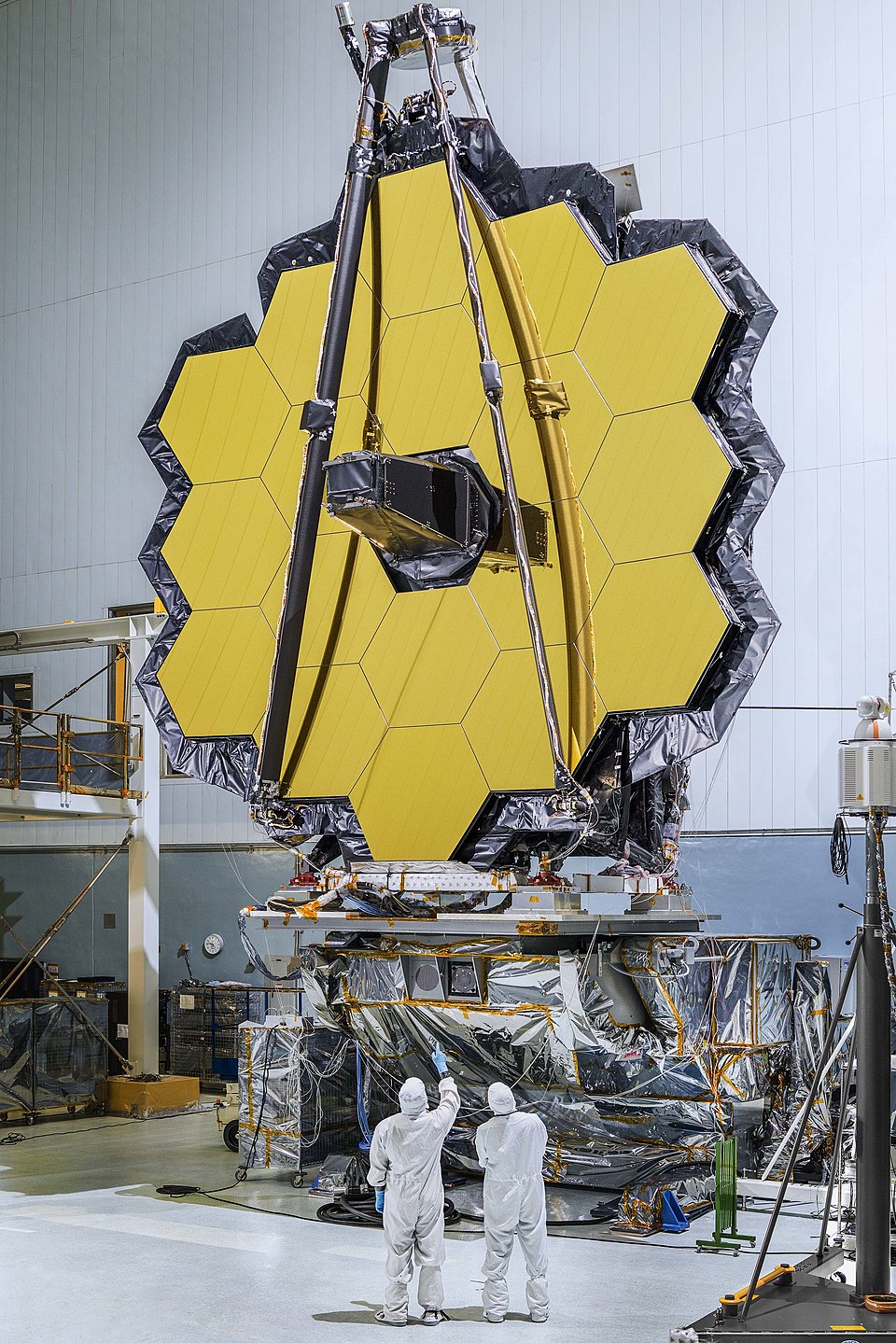Rapid DNA Profiling from Airborne Samples: Implications and Ethics

In a groundbreaking study, researchers have developed a handheld device capable of creating genetic profiles from airborne DNA with unprecedented speed, raising both excitement and ethical concerns. The device, comparable in size to a deck of cards, can monitor biodiversity and emerging viruses, while also posing risks of individual surveillance. The research was led by Dr. David Duffy, a researcher at the University of Florida, whose team utilized the technology to capture microscopic snippets of environmental DNA (eDNA) in various locations, including the coastal forests of Florida and urban settings in Dublin.
This innovative approach harnesses advanced shotgun sequencing techniques, allowing scientists to extract and analyze genetic material from the air, revealing a wealth of information about the surrounding ecosystem. As Duffy noted, "The level of information that’s available in environmental DNA is such that we’re only starting to consider what the potential applications can be, from humans to wildlife to other species that have implications for human health" (Duffy, 2025). Additionally, the technology identified 63 viruses and various allergens in Dublin’s air samples, as well as traces of illicit drugs, including magic mushrooms.
The implications of this technology extend beyond environmental monitoring. While the capacity to detect human genetic material could benefit public health initiatives and biodiversity conservation, it raises ethical questions surrounding privacy and surveillance. As stated by Ryan Kelly, a researcher at the University of Washington, "It is boundary-pushing work" (Kelly, 2025). The potential for misuse, such as individual-level surveillance, has sparked debates within the scientific community about the responsible implementation of such technology.
Dr. Kelly further emphasized the need for ethical guidelines, suggesting that as the technology evolves, so too must the frameworks governing its use. The study, published in the Journal of Environmental Genetics, highlights the growing importance of eDNA in understanding complex biological systems and monitoring ecological health, while also cautioning against possible abuses of the data collected.
Historically, eDNA analysis has been employed primarily in aquatic environments, where it has proven effective in tracking marine biodiversity and monitoring endangered species. For instance, Duffy's team previously developed methods to monitor sea turtle populations using genetic material collected from coastal habitats. This new application of airborne eDNA, however, marks a significant advancement in the field, expanding the potential for genetic monitoring in terrestrial and urban environments.
Despite its promise, researchers caution against over-interpretation of results due to the reliance on algorithms that stitch DNA sequences together, which could lead to misleading conclusions. The study authors recognized the dual-edged nature of this technology, stating, "The human eDNA genie cannot be returned to the bottle" (Duffy et al., 2025).
As scientists continue to explore the applications of this technology, the need for comprehensive ethical guidelines and robust regulatory frameworks becomes increasingly apparent. The balance between harnessing the potential benefits of rapid genetic profiling and protecting individual privacy rights will be crucial as this field of research progresses. The future of eDNA technology in monitoring biodiversity and public health appears promising, yet fraught with ethical challenges that must be addressed to ensure responsible usage.
Advertisement
Tags
Advertisement





